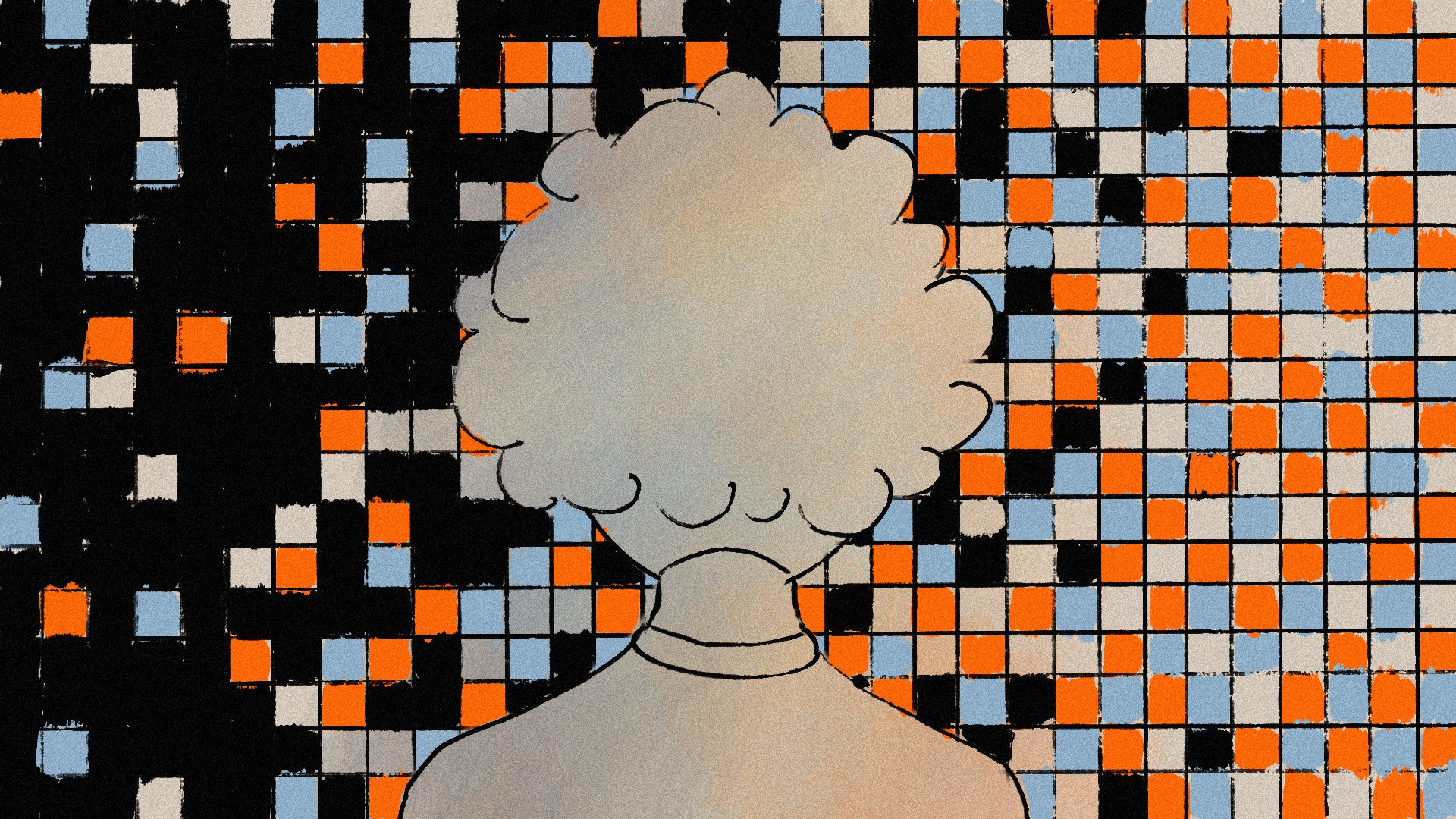Why study International Relations? A student perspective

I remember the first day of classes at Forward not fully knowing what I was getting myself into. When I first selected my major of international relations and politics I had vague notions of what it would lead to and a very shallow understanding of what it could be. I knew topics such as presidential elections had engulfed me since a young age fascinated by the rhetoric of American politicians and their impact on the world. I liked the idea of a global community as I as an individual did not see myself staying in my small town in New Jersey. So what better way to pursue that than selecting a multi-city university programme studying something…international. That was part of the appeal as well, studying politics and IR in three different cities and being entrenched into their governmental affairs. These were the obscure perceptions I had of my major.
I remember finishing my first day of classes.. correction my first week of classes frazzled. How could one subject be everything and nothing at the same time. Going from analysing Rousseau’s advice for the government of Poland to debating counterfactuals about what might have happened if the Treaty of Westphalia had never occurred—it was both exhilarating and exhausting in equal measure. The sheer breadth of ideas, from the practical to the abstract, left my mind spinning, yet hungry for more. I felt like I was suddenly given the whole world and meant to understand it and that is not a small feat for anyone much less a 19-year-old student. Yet I was surrounded by students who seemed to be 10 steps ahead of me, citing realist theories and explaining the origins of minority religions when I was still trying to remember everyone’s names.
My fellow Elisabetta is a tiny Italian woman who could fill the space of an American football field with her personality. She reassured us that the apparent chaos of International Relations—its constantly evolving and often conflicting theories, actors, and agendas—was not something to fear but to embrace. Elisabetta described this “anarchy” as the natural state of the field, where unpredictability was the rule rather than the exception. However, she assured us that over time, this lack of organisation would begin to make sense, like pieces of a complex puzzle gradually coming together. It would reveal patterns, relationships, and power dynamics that might initially seem inscrutable but would, with study and persistence, become the framework through which we could interpret the world. Her words turned what felt like chaos into an exciting challenge, inspiring us to navigate the intricate, multifaceted nature of the field with curiosity and determination.
If you look up online why to study IR it will provide you with generic answers such as these. New tools to develop a greater understanding of global issues, politics, and economics. Fostering knowledge about diverse cultures, systems, and international policies.
Why I love IR
While I have definitely experienced all of these added benefits above I would like to give you more personal insights. Now having completed the first semester of IR I have come to gain a deep appreciation for the course. Classes feel like massive gossip sessions getting to judge contemporary politicians’ decisions in the global landscape, not without theoretical backing of course. It’s an excuse to debate for all the right reasons. Looking back at the material we have covered over the past couple months I feel incredibly proud over what I have learned and the new lenses in which to regard the world. Its teachings have overlapped with not only my academic interests providing deeper comprehension of the material but with my global interactions daily. By that I mean how I read and analyze the news, how I go about discussing global topics and my confidence in doing so, improved my critical thinking, and introduced me to a whole new set of interests I would have never known before. Prior to commencing the school year IR was sold as a degree that could diverge into many career paths and as many articles as I read I still did not see a clear path for me. These articles stated I could go into governmental work, ngos, diplomacy however it was very broad and generic. However, now being utterly immersed in the IR world I discovered new fields such as policy risk, where you’ll assess factors like economic conditions, crime rates, the risk of conflict, government stability and governance, trade and regulatory policies, as well as humanitarian and human rights concerns. The key is to be curious and have initiative when you come across an inquiry, the more questions the more you enrich your knowledge and profit from the course.
Following my initial intuitions about studying IR at Forward College I could have not gotten it more right. Every IR course not only offers the fellows insightful lessons, but a plethora of multicultural perspectives and analysis of what we are learning in class. There is a richness of global insights that adds another layer of depth to what we are learning.
